By Amanda Rose Newton
Welcome to our new monthly series, “Garden Habitat Heroes“, where we highlight ways to make your garden a haven for wildlife!
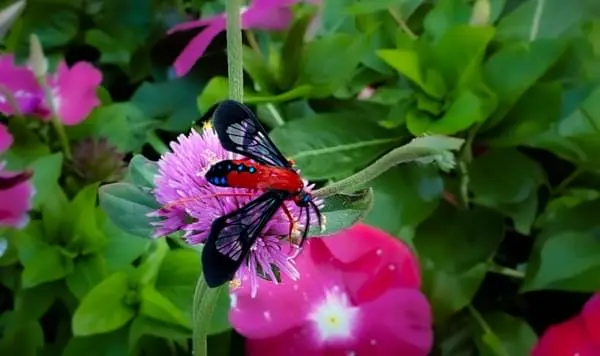
Each month, we’ll dive into strategies for attracting and supporting different creatures that bring life, beauty, and ecological benefits to your yard. This January, we’re focusing on one of the most beloved garden visitors: birds.
Birds are not only delightful to watch but also play a crucial role in your garden’s ecosystem. They control pests, pollinate flowers, and help disperse seeds. If you’re ready to transform your yard into a bird paradise, read on for tips on using Florida native plants and other ways to entice feathered friends to your landscape.
Why Use Florida Native Plants?
Native plants are the backbone of a wildlife-friendly garden.
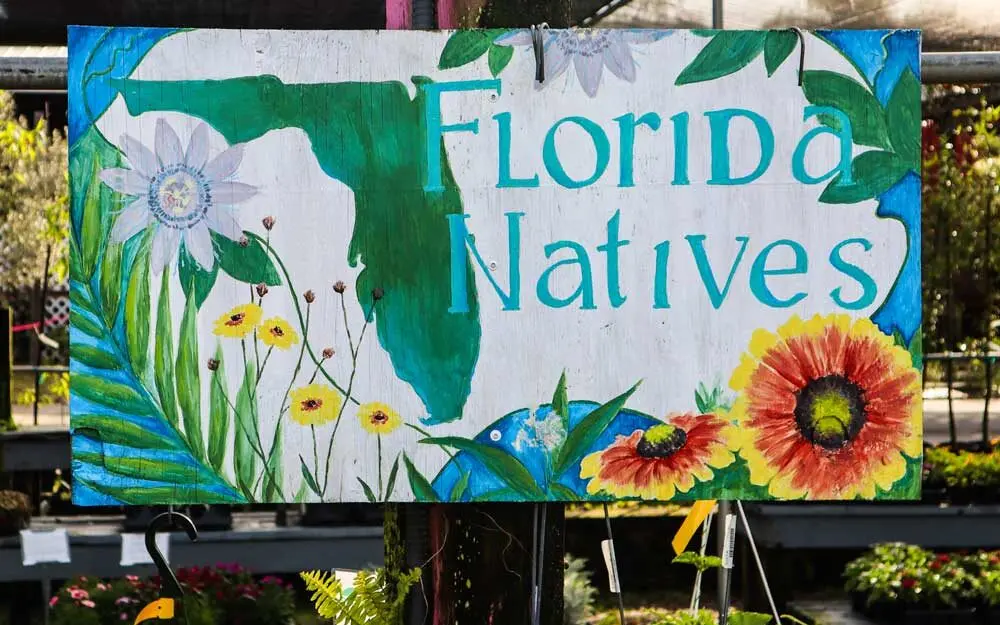
They are naturally adapted to Florida’s climate and provide birds with the food, shelter, and nesting materials they need to thrive. Here are some of the top reasons to go native:
Natural Food Sources: Native plants produce berries, seeds, and nectar that many bird species rely on.
Insect Habitat: Birds love insects! Native plants host caterpillars and other insects that are a primary food source for birds, especially during nesting season.
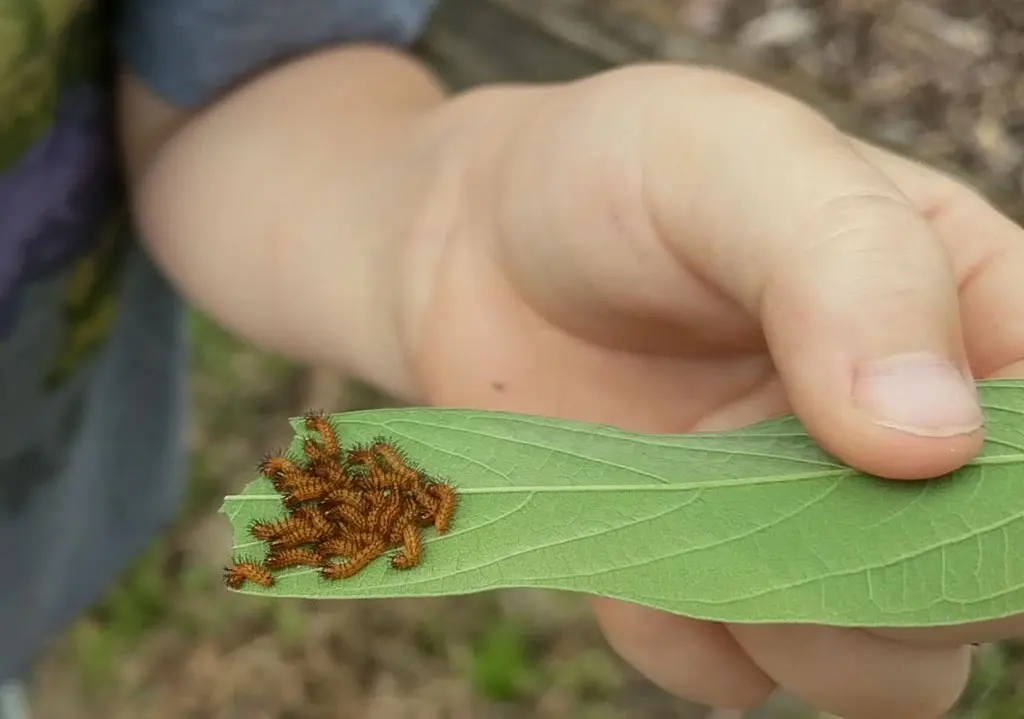
Low Maintenance: These plants thrive in Florida’s unique conditions, meaning they require less water, fertilizer, and care.
Florida Native Plants for Birds
Here are some top Florida natives to incorporate into your landscape to attract a variety of birds:
Trees:
Southern Live Oak (Quercus virginiana)
Provides acorns for birds like woodpeckers and jays.
Cabbage Palm (Sabal palmetto)
Offers berries and excellent nesting spots.
Slash Pine (Pinus elliottii)
Produces seeds for woodpeckers, pine warblers, and crossbills.
Sweetbay Magnolia (Magnolia virginiana)
Seeds attract thrushes and finches; dense foliage is great for nesting.
Red Maple (Acer rubrum)
Offers seeds and attracts insect-eating birds like chickadees and warblers.
Shrubs:
Firebush (Hamelia patens)
Hummingbirds love its tubular flowers, and its berries attract other species.
American Beautyberry (Callicarpa americana)
Vibrant purple berries are a favorite of mockingbirds and cardinals.
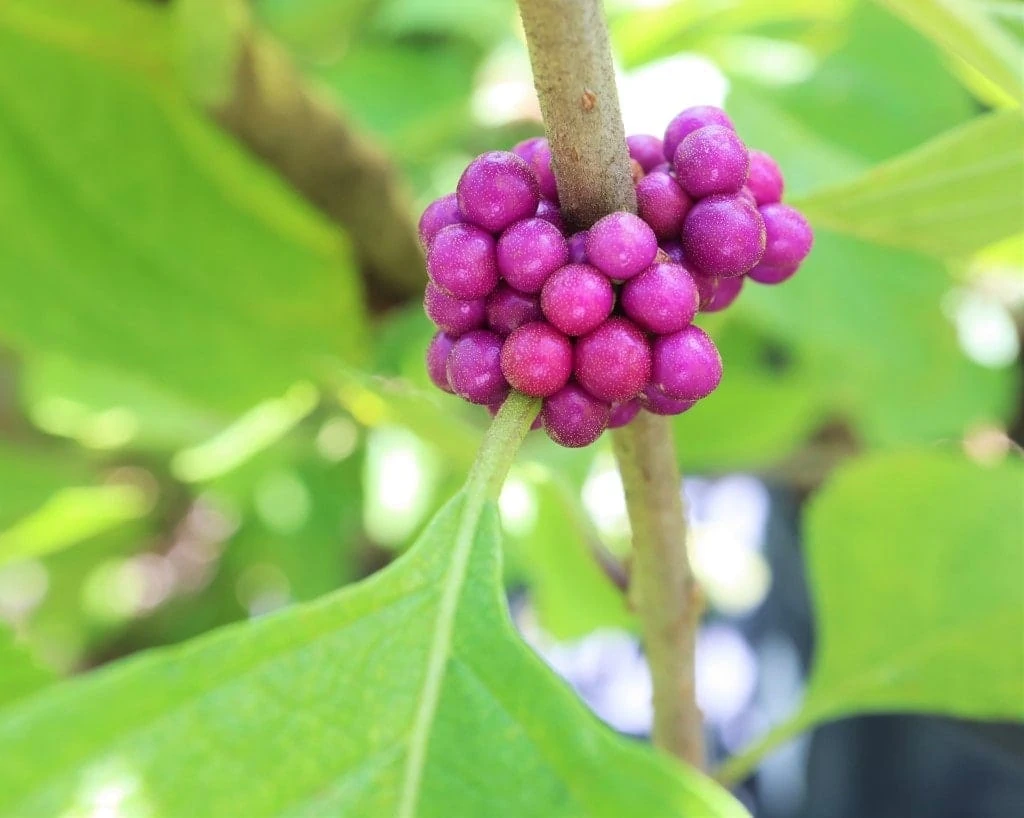
Saw Palmetto (Serenoa repens)
Produces fruit loved by robins and blue jays; dense foliage offers shelter.
Saltbush (Baccharis halimifolia)
Seeds attract finches and sparrows; flowers support pollinators.
Walter’s Viburnum (Viburnum obovatum)
Dark berries feed cardinals, robins, and bluebirds; provides nesting cover.
Wildflowers:
Coreopsis (Coreopsis spp.)
Florida’s state wildflower, attracts pollinators, and produces seeds for finches.
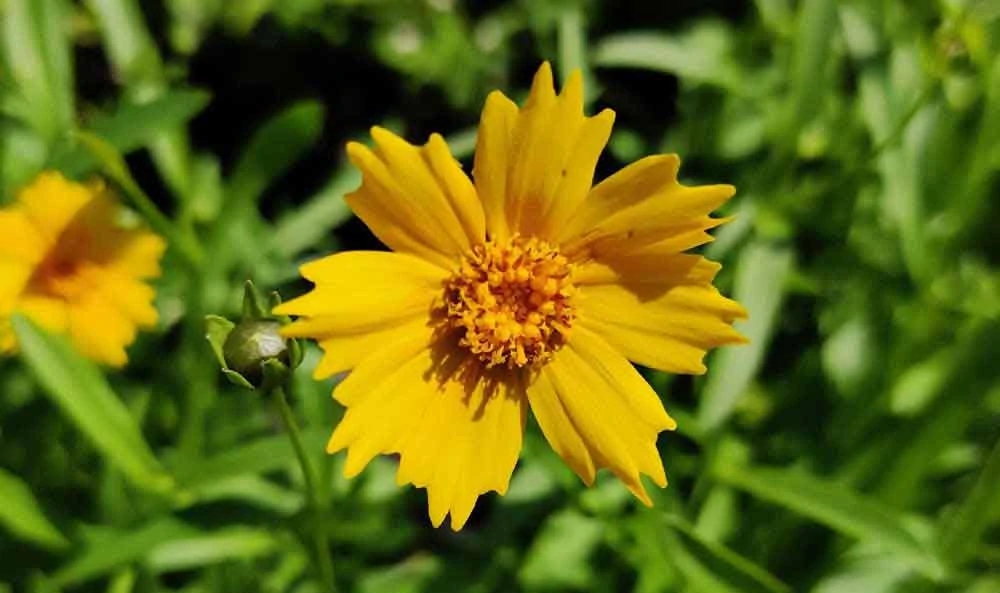
Purple Coneflower (Echinacea purpurea)
Offers seeds for small birds and attracts insects for insectivorous species.
Tickseed (Bidens alba)
Produces seeds loved by sparrows and finches; hosts pollinators.
Blanket Flower (Gaillardia pulchella)
While not techically native, its bright blooms attract pollinators, and its seeds are enjoyed by sparrows and finches.
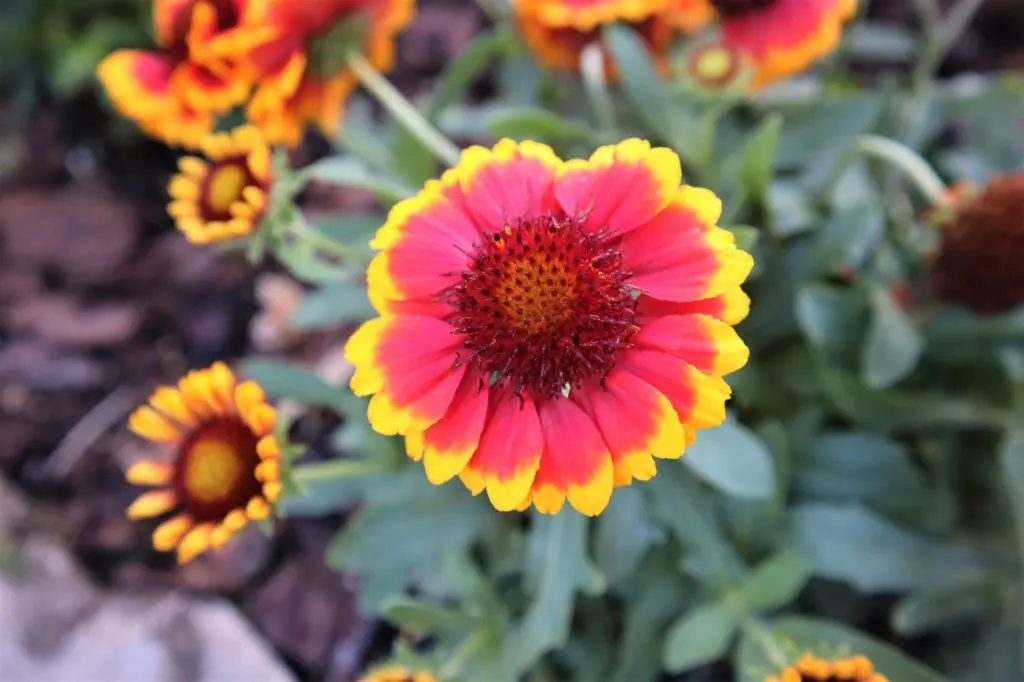
Goldenrod (Solidago spp.)
Produces seeds for finches and sparrows and attracts insects for insectivorous birds.
Grasses and Vines:
Muhly Grass (Muhlenbergia capillaris)
Provides seeds and shelter for ground-nesting birds.
Coral Honeysuckle (Lonicera sempervirens)
A favorite of hummingbirds with its bright red, nectar-rich flowers.
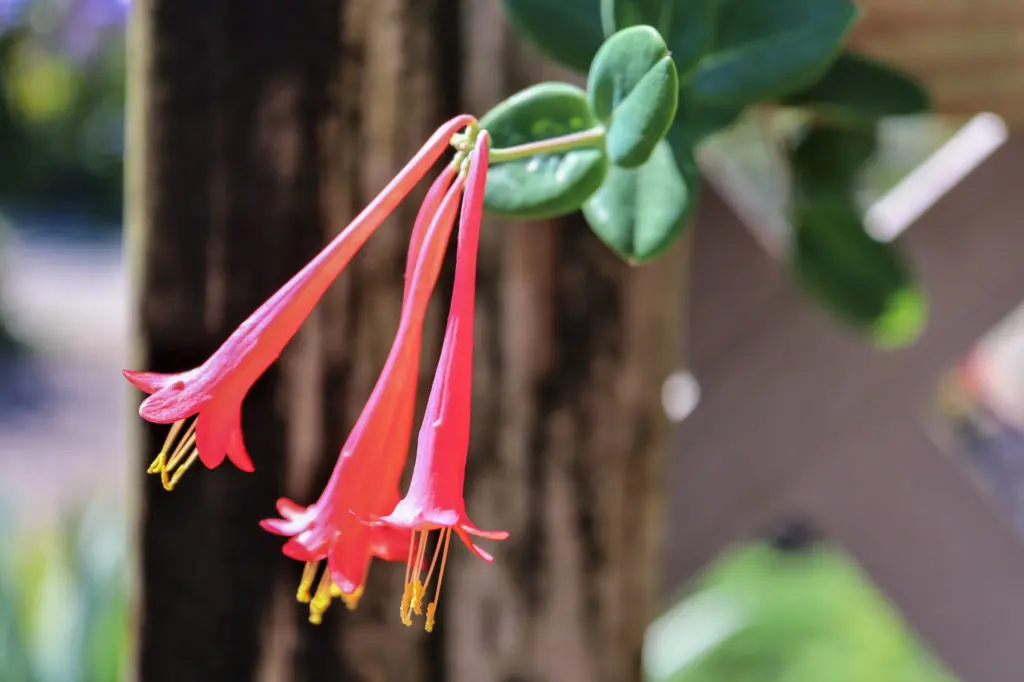
Fakahatchee Grass (Tripsacum dactyloides)
Provides seeds and cover for sparrows and quail.
Virginia Creeper (Parthenocissus quinquefolia)
Berries feed thrushes and woodpeckers; offers excellent shelter.
Passionflower (Passiflora incarnata)
Provides nectar for hummingbirds and hosts caterpillars for insectivorous birds.
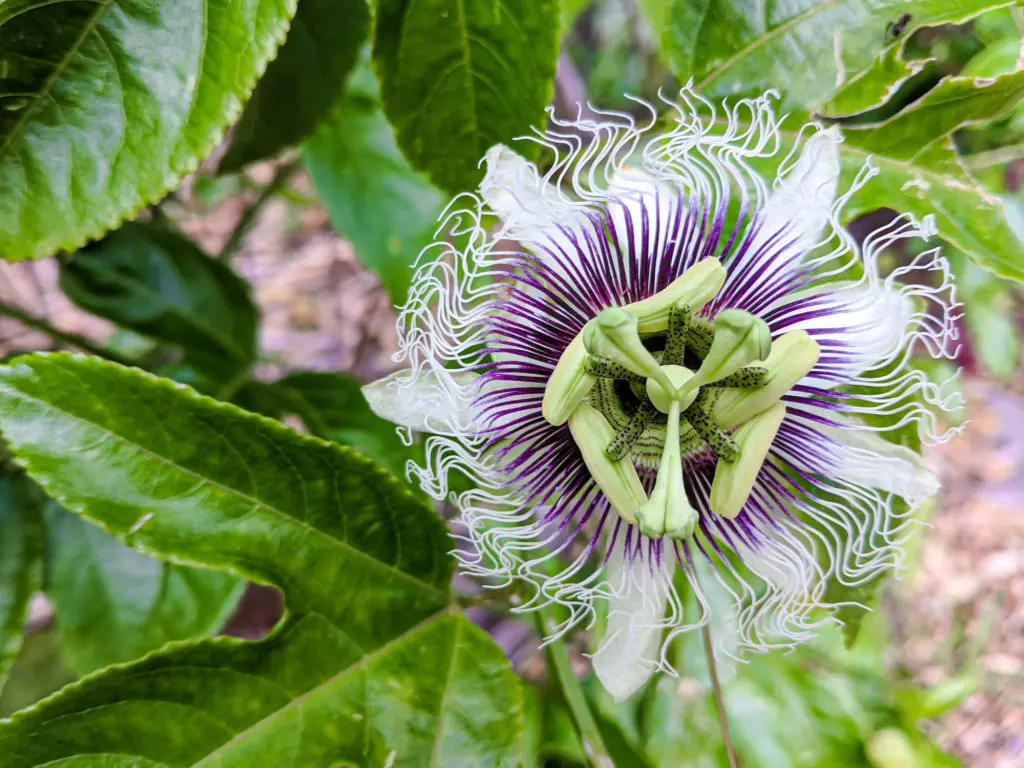
Additional Tips for Attracting Birds to Your Garden
Provide a Fresh Water Source:
A birdbath, shallow dish, or even a small fountain can be a lifesaver for birds, especially during Florida’s hot summers. Keep the water clean and fresh.
Offer Shelter and Nesting Spots:
Incorporate dense shrubs, trees, and brush piles to give birds a safe place to nest and hide from predators. Consider installing birdhouses tailored to specific species like bluebirds or chickadees.
Avoid Pesticides:
Pesticides can harm the insects that birds feed on. Opt for natural pest control methods to ensure a healthy food chain in your yard.
Add Feeders Wisely:
While native plants should be the primary source of food, supplementing with feeders can help, especially in urban areas. Use quality seed mixes and clean feeders regularly to prevent disease.
Seasonal Maintenance:
Leave leaf litter and fallen branches where possible, as they provide habitat for insects and foraging opportunities for birds.
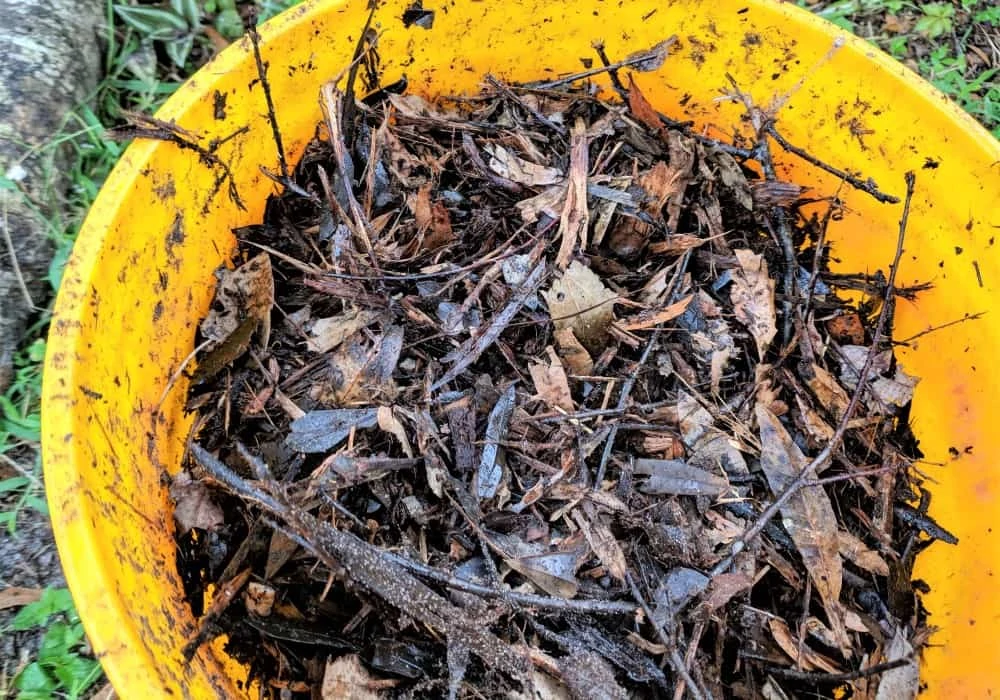
Small Changes, Big Impact
By adding native plants and thoughtful features to your garden, you can create a thriving sanctuary for birds while enjoying their beauty and song. Start small by planting a firebush or hanging a hummingbird feeder, and watch your garden come alive with activity.
Stay tuned next month as we spotlight another group of wildlife heroes. Together, we’ll build gardens that are not only beautiful but also vital to Florida’s unique ecosystem.
Who’s ready to garden for birds? Share your photos and tips on our facebook page!


